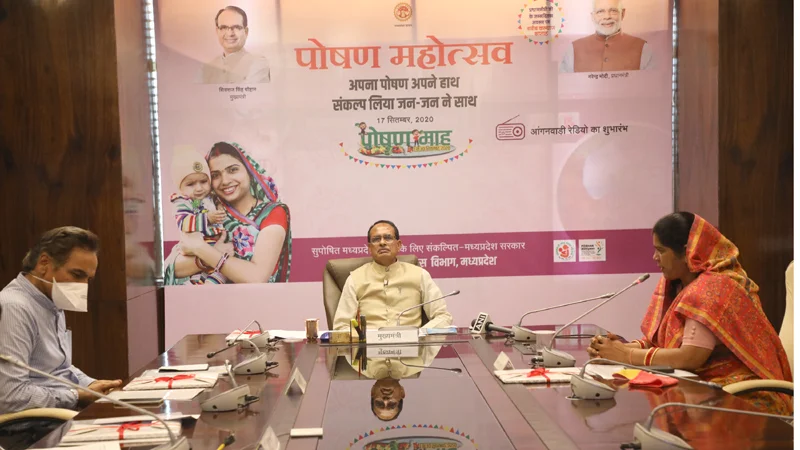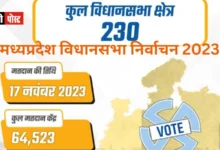Bimal N. Patel, Vice Chancellor of Rashtriya Raksha University, an elected Member of UN’s International Law Commission
Statement N. Patel on the First Report of the Special Rapporteur

Statement by Prof. (Dr.) Bimal N. Patel on the
First Report of the Special Rapporteur
Friday, 28 April 2023
Prof. (Dr.) Bimal N. Patel, Vice Chancellor of Rashtriya Raksha University, an elected Member of UN’s International Law Commission for a five years tenure (2023-27); in his first statement, during the plenary session on ‘Settlement of International Disputes to which International Organizations are Parties’ at the 74th session of the Commission in Geneva, Switzerland, pointed out the convergence between the theme of India’s G-20 Presidency Vasudhev Kutumbkam, ‘One Earth, One Family, One Future’ and the ongoing work and mandate of the Commission.
Prof Patel, while acknowledging the present commission for setting a precedent as never before by electing 81% new members from Asia and Africa, has urged the commission to ensure fair and equitable representation to ensure legitimacy, authority and credibility of its works and influence. He has highlighted the underrepresentation of Asia, home to 59.76% of world’s total population, largest and oldest civilizations and legal systems. Prof Patel has called on the commission to devise solutions towards mitigating deficits including gender, Asian – African and developing countries representation. He has also called for Hindi, the third most spoken language in the world, the language of expression of the world’s 5th largest economy and an ancient civilization and already a universal language as per the yardsticks of UN official languages to be given its due recognition in the Commission.
Prof Patel has reiterated that the most fundamental deficiencies of governance including the codification and progressive development of international law needs to be immediately addressed. He has suggested that judicial and quasi-judicial, independent third-party dispute settlement methods could be studied in more detail, in addition to the methods of negotiation, good offices, conciliation and mediation which are generally sought by the forums for peaceful settlement of disputes. Prof Patel has opined that the scope of these fora and their appropriateness need to be assessed in the context of judicial independence, decisional independence, personal independence of judges, impartiality, fairness, equal access, equality of arms, delay, effectiveness of remedy, appeal mechanism etc. He has also recommended that, amidst a spurt in International Organisations over the last 30 years in particular in the Asia and Pacific regions, the study and analysis of their state, practice, precedent and doctrines emerging from these institutions will ensure a desired and essential representative outcome of the work of the Rapporteur and the Commission.




